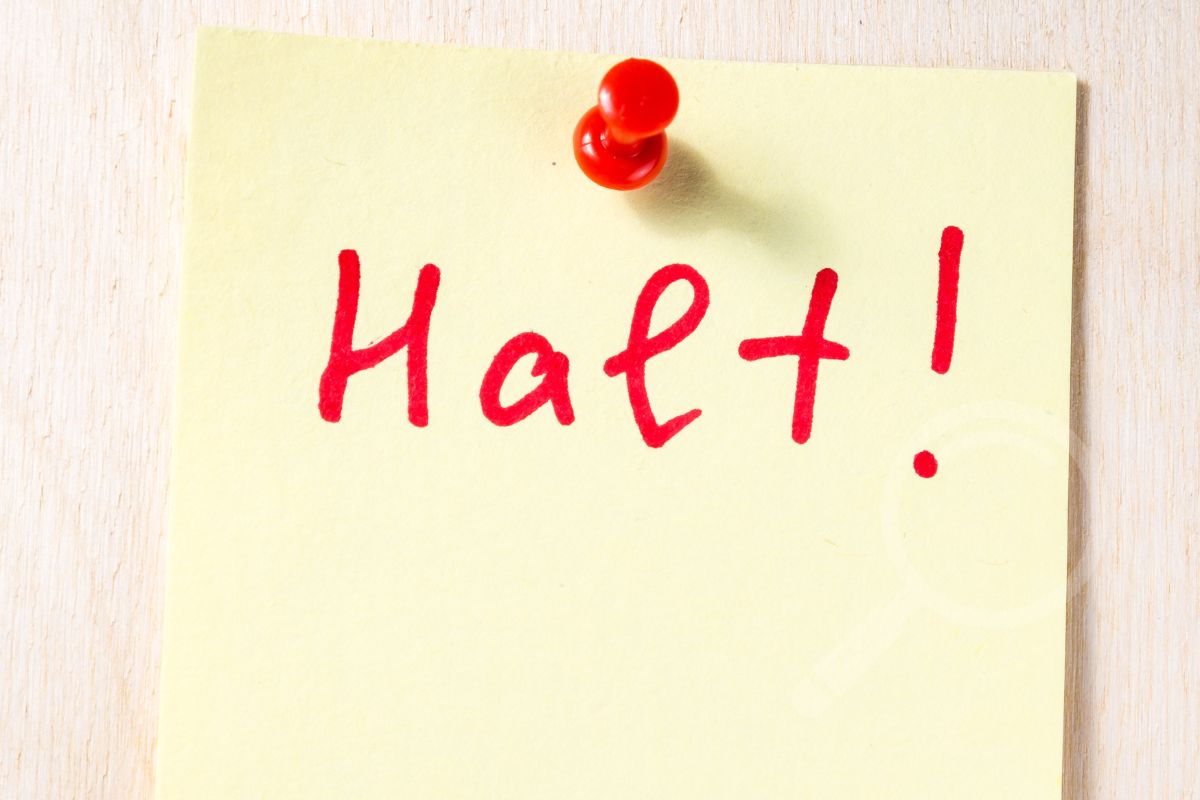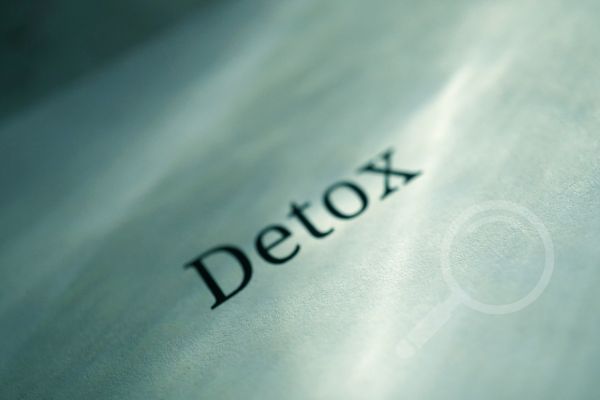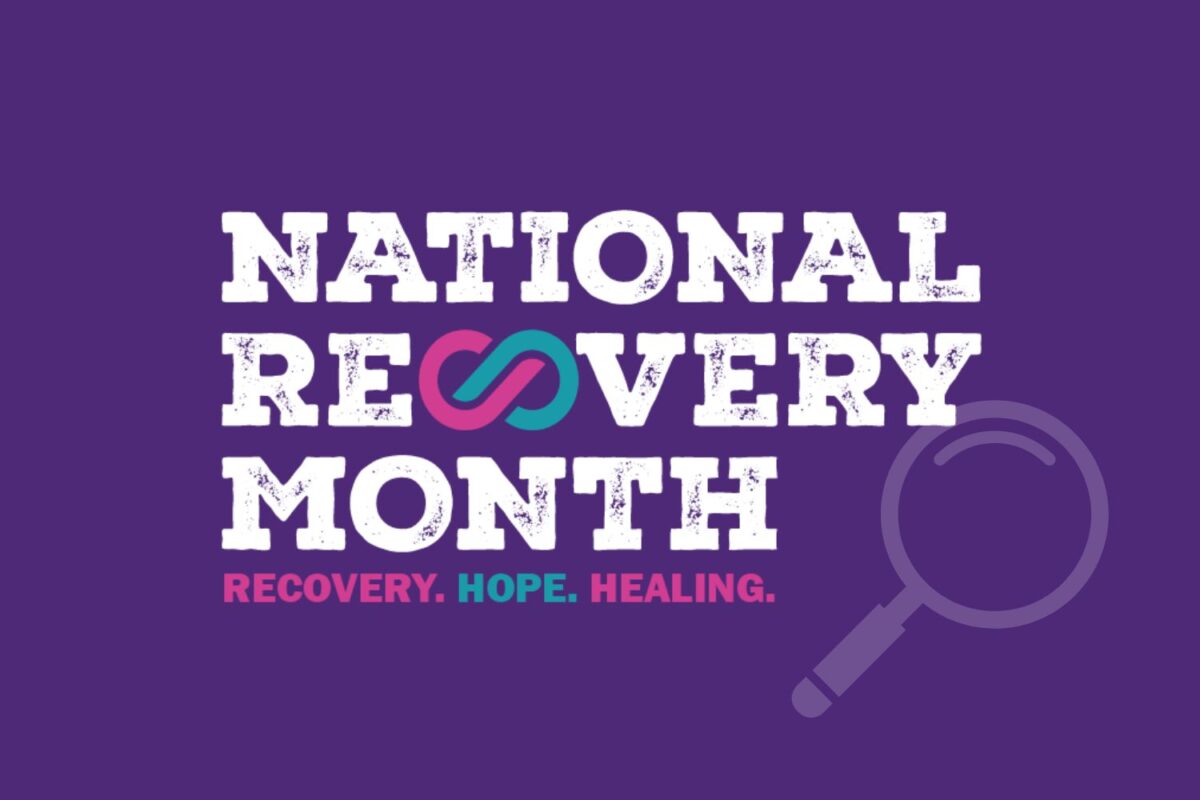If you could only look at one source to learn as much as possible about Alcoholics Anonymous — the philosophy, the guiding principles, or how to incorporate it into your life — the Big Book would be it. But as the name implies, it’s a veritable tome (the most recent version is around 600 pages long!) and can be quite intimidating to Alcoholics Anonymous newcomers. Here’s how to get the most out of your experience reading the Big Book:
What is the Big Book in Alcoholics Anonymous?
The Big Book is the foundational text of Alcoholics Anonymous. It was written in 1939, the same year A.A. was founded, primarily by the organization’s founder, Bill W., with contributions from other first members.
The original purpose was to detail the program’s core principles and how it was intended to work, along with inspiring others by sharing the stories of how early A.A. members got sober. It’s not a novel, nor an instructional guide – though it has elements of both. Some members refer to it as a textbook.
The current version (the 4th edition) is about 200 pages longer than the original. This reflects the addition of a preface, several appendices such as the Twelve Traditions and the Twelve Concepts, and updates to the personal stories.
The different sections of the Big Book
The book is essentially split into three main parts: the Chapters, the personal stories, and the appendices.
Part 1: Chapters
The first 164 pages of The Big Book are considered the “core” and capture the heart of Alcoholic Anonymous’ approach to addiction recovery. It explains the principles of A.A. and its structure, touching on the spiritual and the practical. As a beginner, if you don’t read anything else from the Big Book but want a better understanding of the A.A. as an organization, read this at the very least.
Composed of eleven chapters, it’s in this section where the 12 Steps were first outlined. It describes how Alcoholics Anonymous came to Bill W.’s personal story, and specialized passages dedicated to the wives (Alcoholics Anonymous was originally all men), family members, and even employers of alcoholics.
Part 2: Personal stories
Bill W. wanted to give hope to other struggling alcoholics which is why he included the personal stories of fellow A.A. members. At a time when addiction was highly stigmatized and not spoken about, this was a hugely impactful gesture. These stories also go on to show the diversity of people afflicted with addiction and their journey to sobriety was just as diverse.
The majority of stories you see in the 4th edition of the Big Book are not the same stories from the original version. These were updated intentionally, to reflect the diversity and modernity of the Alcoholics Anonymous fellowship in today’s society.
Part 3: Appendices
The appendices of the Big Book are supplementary information. It’s made up of seven passages that include newer texts that have become foundations to the organization (such as the Twelve Traditionals and the Twelve Concepts), whereas others are more practical, such as “How to Get in Touch with A.A.” or “The Medical View on A.A.” The main purpose of the appendices is to serve as a point of clarification, offering a mix of additional content and practical advice.
Need help deciphering the Big Book? These resources can help.
Read a simpler version
The Plain Language Big Book is a conference-approved text. It’s not a new addition of the Big Book, but rather an abridged reading companion. It was created to put the messaging in simpler terms that are easier for people to understand. A good portion of the official Big Book still uses the original text, which was written back when writing styles, vocabulary, and vernacular were quite different. Note, this does not include the personal stories.
Listen to recordings
What started as an impromptu line-by-line study with a small group in a Tulsa hotel room became widely circulated recordings that have been shared at A.A. conventions and special breakout sessions. Despite the fact that these recordings are not conference-approved, they are quite popular and still used today.
Join a dedicated Big Book study group
If you only want to focus on the Twelve Steps, the Big Big Step Study (BBSS) might be best for you. It’s a collective that meets regularly, specifically to dissect and understand the Twelve Steps. It’s quite a bit more structured than your general Alcoholics Anonymous meeting that’s open to the public (where the steps may or may not be discussed). These meetings are typically 1.5 hours long, and rotate, covering all Twelve Steps during a 15-week rotation. You can find a BBSS meeting time here.
Get in-person guidance
When in doubt, you can find a local Alcoholics Anonymous meeting and are likely to find knowledgeable members who can answer your specific questions. If you’re too shy to speak up, you can still absorb a lot of information that the Big Book speaks about just from attending meetings regularly.








